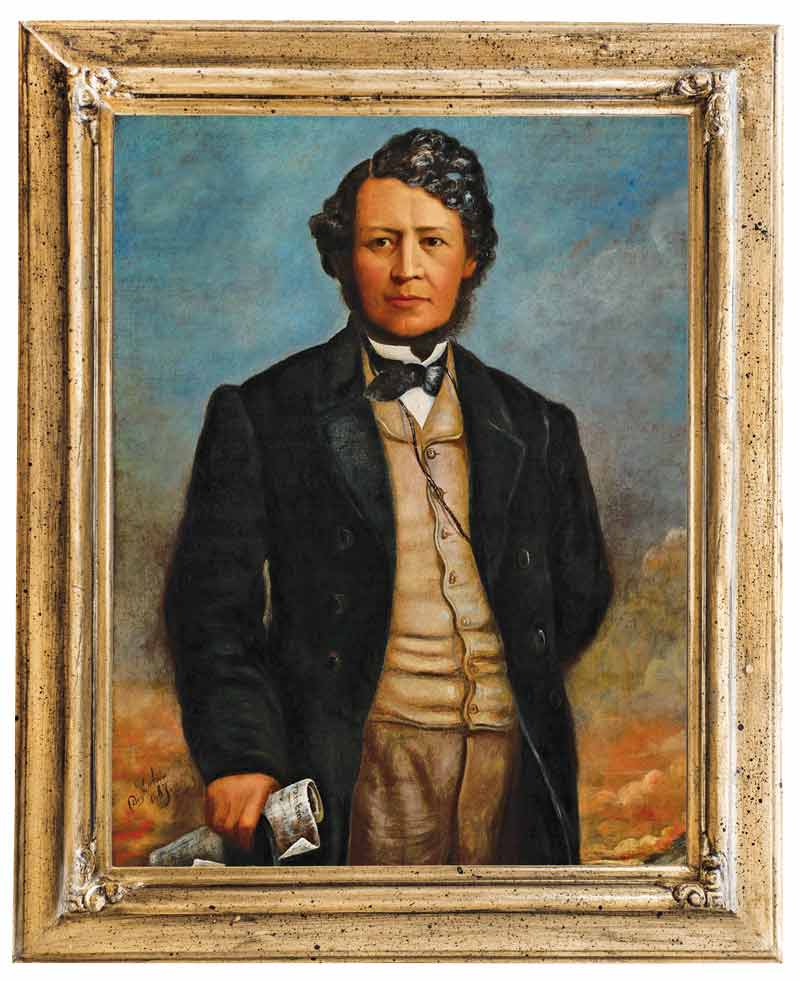Thomas D’Arcy McGee was a poet, journalist, historian, lawyer and one of the Fathers of Confederation. A hard drinker who was perennially in debt, he was praised by the archbishop of New York as being “unquestionably the cleverest man and the greatest orator that Ireland sent forth in our time.” It was McGee who convinced the substantial Irish population in Canada to support Confederation.
He left Ireland in 1848, fleeing the famine and wanted by authorities for fomenting revolution, trying to get Ireland and Scotland to revolt against British rule. He landed in New York, but moved to Canada after observing that minorities there enjoyed “far more liberty and toleration…than in the United States.”
McGee offered a dark, largely accurate prediction for the two countries: “So long as we respect in Canada the rights of minorities, told either by tongue or by creed, we are safe. But when we cease to respect these rights, we will be in the full tide towards that madness which the ancients considered the gods sent to those whom they wished to destroy.”
In 1857, McGee was elected to the Legislative Assembly of the Province of Canada where his passionate speeches were sometimes fueled by whisky. John A. Macdonald, another passionate speaker and infamous drinker, once told McGee that the Conservative Party couldn’t afford two drunks so McGee would have to teetotal.

McGee’s last speech began at midnight on April 6, 1868, in the new Parliament of Canada. He was eloquently defending Charles Tupper, who had been attacked by a Nova Scotia MP. “Dr. Tupper’s character has been assailed,” said McGee. “It would show but a base spirit to sacrifice the man who had sacrificed himself for the Union.” McGee’s speech, like others before it, turned into an argument in support of Confederation. “And I, Sir, who have been, and who am still, its warm and earnest advocate, speak here not as the representative of any race or of any Province, but as thoroughly and emphatically a Canadian.”
McGee left the House shortly after 1 a.m., lit a cigar and walked to Mrs. Trotter’s boarding house on Sparks Street, where he stayed while in Ottawa. His 43rd birthday was six days away and he was looking forward to returning to Montreal to celebrate with his wife and family. As he turned his key in the lock, he was shot in the head. He died immediately.
McGee had been a harsh critic of the Fenian movement, and it was assumed that the Fenians were responsible for his death. Patrick James Whelan was arrested and hanged in front of a crowd of 5,000, though he proclaimed his innocence to the end. It was never conclusively proven that Whelan was, in fact, a Fenian.
Tens of thousands of mourners turned out for McGee’s Montreal funeral.
Nearly 140 years later, former prime minister Brian Mulroney quoted one of McGee’s poems during his eulogy for former U.S. president Ronald Reagan. It was a tribute to McGee’s lasting hold on the national imagination.
Advertisement





















